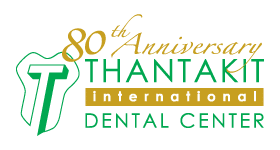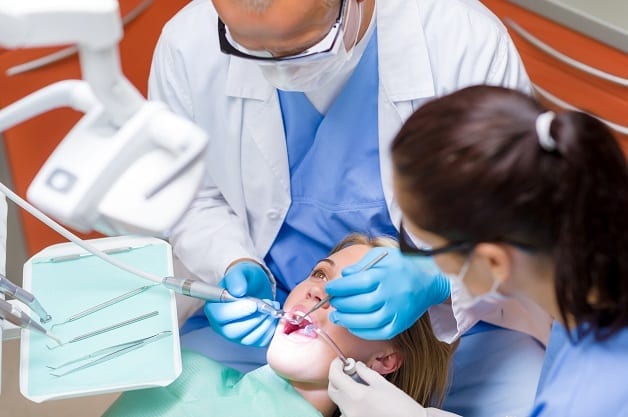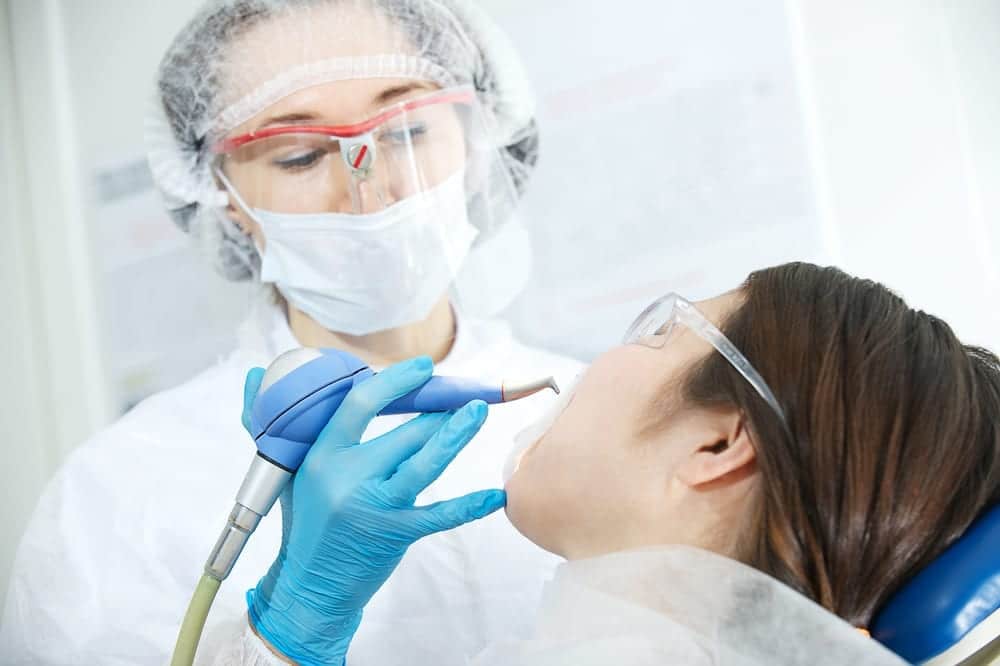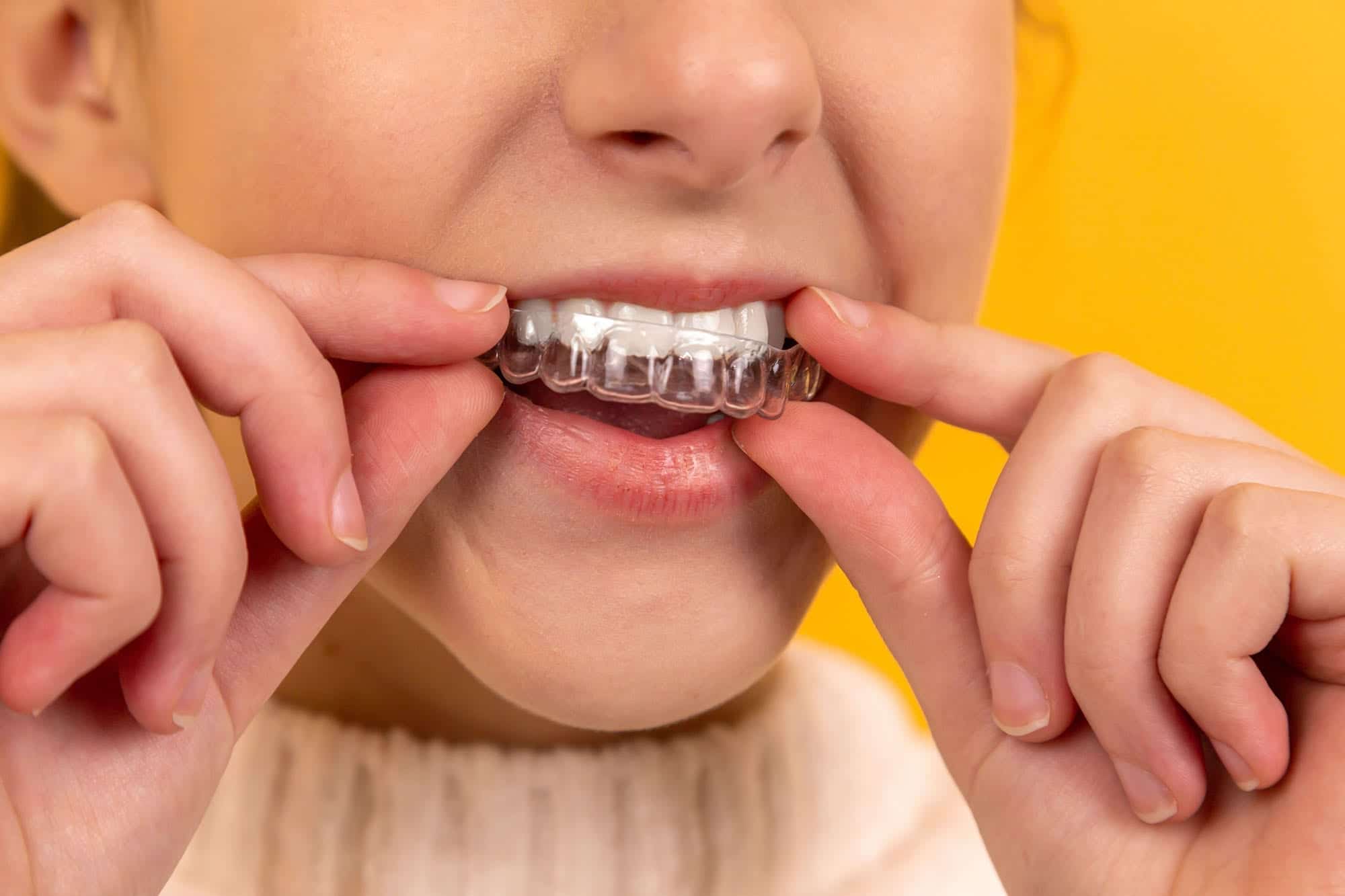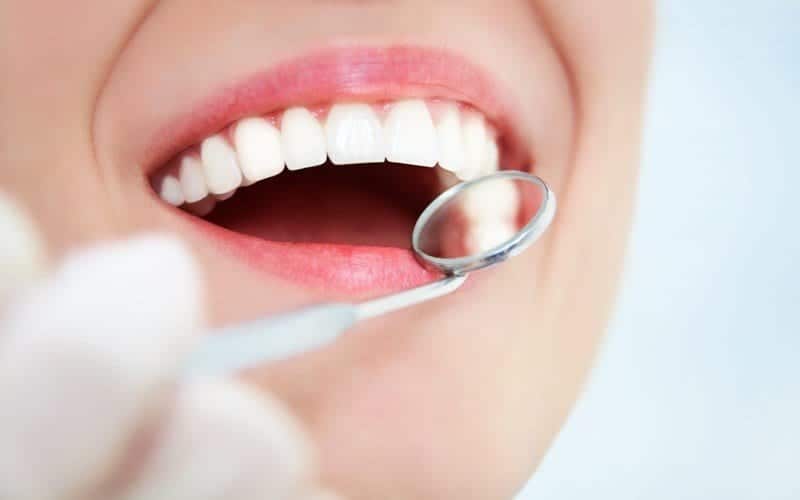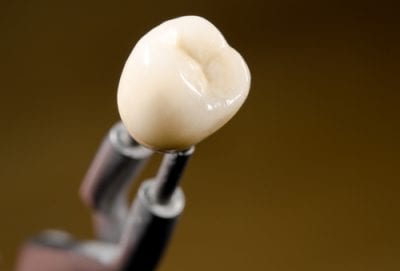The final cost of tooth extraction depends on the type of tooth being extracted, the extensiveness of the surgery required, the number of teeth to be pulled, the type of sedation or anesthesia needed, and your state of oral health. Cutting to the chase, the tooth removal cost in Thailand can be as low as $13 and as high as $57. Therefore, the average price of extracting teeth in Thailand is about $28 when you do the math. With that said, what does this have to do with you or someone who doesn’t live in Thailand? What’s in it for you?
Dental Tourism Makes Everything All Right

Some people out there might find it ludicrous to actually travel all the way to Thailand or some other place where dental work is cheap just to get their teeth fixed. However, in light of the cheapness of tooth removal cost, it might very well be a worthwhile deal. For one thing, even if you include the cost of flying to Thailand with your final bill, it sometimes still comes out cheaper than just having it done stateside. For another thing, even if a Thai tooth extraction costs more than locally paying for the operation, there’s still a way to save money from it.
There’s this movement called dental tourism that makes going to Thailand to get your wisdom teeth or damaged permanent teeth extracted worthwhile, and it has the following benefits involved.
- Saving Money in Multiple Ways: Even if you’re possibly spending more for the trip than simply getting your teeth extracted back at your local dentist’s clinic, you can still save money by having your vacation in Thailand and getting your teeth fixed there in the middle of enjoying the sights and sounds of the exotic Southeast Asian country of Thailand.
- Mixing Business with Pleasure: The idea behind dental tourism is that you’ll save money from your vacation time by getting your dental work done during the trip. Some people like to mix business with pleasure. In this case, the “pleasure” part is having an all-expense-paid trip to Thailand for touristy purposes and then getting your tooth or teeth extracted at the same time.
- Special Packages: Some customers avail of packages that allow them to get their teeth extracted elsewhere for cheap before healing up at a hotel or a beach, thus justifying any travel expenses that might offset the savings you’d usually get from removing your tooth in Thailand versus removing your tooth in the United States, Canada, or even Mexico or South America (which in some states is just a single car trip away).
- It’s Easier to Heal Up When on Vacation: There’s something about the stale environment of a dentist clinic or hospital that feels claustrophobic or troubling to people. This is why healing centers exist. Having a more optimistic mindset after undergoing oral surgery or tooth extraction can go a long way to successful healing at a shorter amount of time. This is doubly true when healing up at a resort hotel in Thailand.
Oral Surgery and Wisdom Tooth Extraction Costs from the Thantakit Clinic
You can have your teeth extracted for cheap at the Thantakit Clinic. As a point of reference, according to standard dental rates in the U.S.A., sans insurance discounts it costs $236 to do a simple extraction, $366 to surgically extract an erupted tooth, $409 to remove an impacted tooth involving soft gum tissue, and $516 to remove an impacted tooth that’s partially bony or hidden within the bone. Now let’s contrast the costs of Thantakit Clinic when it comes to the same operations, from standard extraction to advanced extraction of fully or partially embedded wisdom teeth.
At Thantakit, it costs THB1,500 to THB2,000 (US$44 to US$58) to do a simple tooth extraction. As for extracting a fully erupted wisdom tooth, you need to pay double the standard rate at THB3,000 to THB4,000 ($87 to $116). As for partially erupted wisdom tooth removal with no root dissection needed, you instead need to pay THB5,000 to THB6,000 ($145 to $174). As for partially erupted wisdom tooth removal with root dissection required, it will cost you THB7,000 to THB8,000 ($204 to $233). With all things considered, you’ll be saving half the cost or so of standard extraction rates, even when taking into account the cost of a round-trip plane ticket.

What Are Tooth Extractions and What Are They Good For?
Tooth extractions refer to a dentist being paid to pull teeth right out of the socket, typically teeth that’s become so damaged its pain has reached your tooth root or nerve connecting your tooth to the rest of your body. It’s also the operation used to pull mostly permanent teeth because milk or primary teeth typically fall out on their own in order to support the eruption of permanent teeth that you’re supposed to have in adulthood, to be used for the rest of your life. Usually, permanent teeth are damaged by tooth decay or brunt-force trauma.
Trauma can come in the form of a fist to the mouth, you falling down some stairs, or you ending up in some sort of car accident. You can typically restore a damaged tooth with an inflamed tooth root by removing the root via root canal therapy (or endodontic therapy) then filling the space with an inert substance and capping off the damaged portion of your tooth with a crown. If a root canal operation is out of the question and the damage is extensive enough, you will have to get that tooth extracted, then replaced by either a dental bridge, dental implant plus a crown, or dentures to keep your smile from degrading.
Preparation for Tooth Removal
Before removing your infected or broken tooth, your oral surgeon or dentist will take an x-ray of the area first. This allows him to plan the best course of action prior to tooth extraction. Remember to provide your full dental or medical history first, including the drugs you’re allergic to, the medications you’re currently taking, and the sicknesses you suffer from. This includes supplements, vitamins, and the most recent OTC drugs you’ve taken (like aspirins and other painkillers). Sometimes, this x-ray is offered for free, at a discount, or as part of your overall bill.
A panoramic x-ray will probably be called for since it takes a picture of all your teeth simultaneously and shows which ones are most compromised (and are the likeliest candidates for tooth removal). This also enables the dentist to identify problem teeth early on before they start aching (usually when you start feeling severe pain it’s already too late for the teeth).
- This x-ray is particularly important when looking into the state of your wisdom teeth (Is it fully or partially impacted?).
- It also establishes your lower teeth’s relationship with the nerve within the jawbone that gives feeling to your chin, lower lip, and lower jaw as well as your upper teeth’s relationship with your sinuses.
- It even reveals any bone disease, tumors, or infections that might be present in your jaw.
There are also dentists who prescribe you to take antibiotics first before and after undergoing extraction. Usually, a dentist won’t do anything with a tooth unless its inflammation has subsided to spare you excess pain and trauma from the tooth removal process. You will more likely be given antibiotics if:
- You’re suffering from gum inflammation around the area surrounding the broken or infected tooth that’s earmarked for removal.
- Your immune system has been weakened due to taking immunosuppressants for post-surgery maintenance of a newly transplanted organ to keep your immune system from rejecting it.
- Your immune system has been compromised due to taking anti-cancer or chemotherapy drugs that are known for their immunity-suppressing side effects.
- You’ve just undergone a long surgery and you need to recover a bit since you’re susceptible to infections after it.
- You have specific medical issues and conditions that are best addressed with a dose or two of the aforementioned antibacterial medication.
Things to Consider Before Availing of Thailand Tooth Extraction Services
Here are several things to consider when availing of the teeth removal services of a Thailand dentist.
- Wisdom Teeth Extraction: You might need an extraction of your third molars or wisdom teeth, typically when you’re in your early twenties or late teens. Unless you have a jaw that can accommodate that extra set of backend teeth, they usually end up impacted, decayed and dying, or cause a bacterial infection (in the form of a cyst).
- Further Details on Wisdom Teeth: Wisdom teeth removal is crucial, especially if you’re suffering from swelling and pain, gum irritation, and so forth due to an impacted tooth that’s stuck in your jaw. If all four wisdom teeth need removing, they’re typically taken out simultaneously (respective rates apply).
- Extracting a Loose Tooth: If you have a loose tooth, then tooth removal might be called for, especially if all other avenues or solutions are more expensive to even consider (like bone replacement surgery in the form of a bone graft). If it can still be saved, you typically only need deep cleaning to take out the tartar and plaque that are loosening your teeth in the first place to stave off periodontitis.
- Cosmetic Purposes: If you have extra teeth that are blocking other teeth from coming in or erupting, you can remove them through teeth extraction. There are also times when milk or baby teeth don’t fall out on their own, thus necessitating tooth removal to let your permanent teeth come out unimpeded. This is also the case when you wish to do a dental overhaul by taking off all your teeth and replacing them with bridges, crowns, and implants that are more perfectly shaped.
- Orthodontics: If you’re getting braces, teeth removal might be called for to make room for your orthodontic appliance as well as the crooked teeth that’s being moved into the right place. You need extra space in order to straighten your teeth out and potentially give you an improved bite down the line when push comes to shove. Otherwise, your braces won’t be as effective as you want them to be.
- Bisphosphonates: If you’re taking bisphosphonates as treatment for a condition of yours, consult your dentist prior to getting any teeth pulled. Teeth extraction while taking this substance is not recommended and you should get your teeth extracted before starting the treatment in the first place. This is because you can suffer the complication of osteonecrosis or bone death of your jaw if you pull teeth while under bisphosphonate therapy.
- Radiation and Cancer Drugs: If you’re undergoing radiation therapy to your head and neck, it might be necessary to have several of your teeth removed that are in the way of the field of radiation. As for those undergoing chemotherapy or taking cancer drugs, teeth infections are common because these medications weaken your immune system. The infected teeth should thusly be removed so as to avoid any further complications on your compromised body.
- Organ Transplant: After undergoing an organ transplant for your heart, liver, or kidney, you must be aware that you’re now susceptible to infection. People who have undergone transplantation surgery are risking infection of the teeth because they must take drugs that suppress or decrease their immune system’s capabilities in light of the risk of your body rejecting the “foreign body” that has entered it. It’s the same deal with those taking chemotherapy or some other strong anti-cancer medication.

Is Thantakit International Dental Center Too Expensive?
Are Thantakit International Dental Center’s rates when it comes to tooth removal too expensive? Not necessarily. For one thing, it perfectly lands in between the standard tooth removal prices of $13 to $57, costing only $44 to $58 depending on the grade of anesthesia being used. With that said, are you better off buying a service that costs only $13 or at least less than $44? It depends on the quality of the dentistry. It may even be possible to further lower the costs through dental insurance coverage, but usually it only covers local tooth extractions at best.
Thantakit International Dental Center is Thailand’s longest established dental center. Situated in Bangkok, our clinic is renowned across the world as a destination for world-class dentistry, with most of our patients flying to us from Australia.
Contact us today and get a FREE dental consultation.
